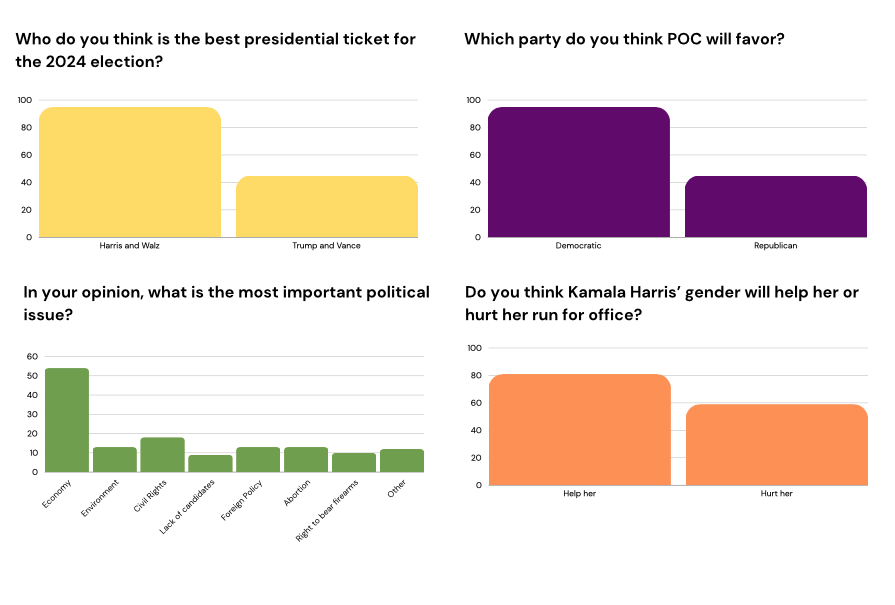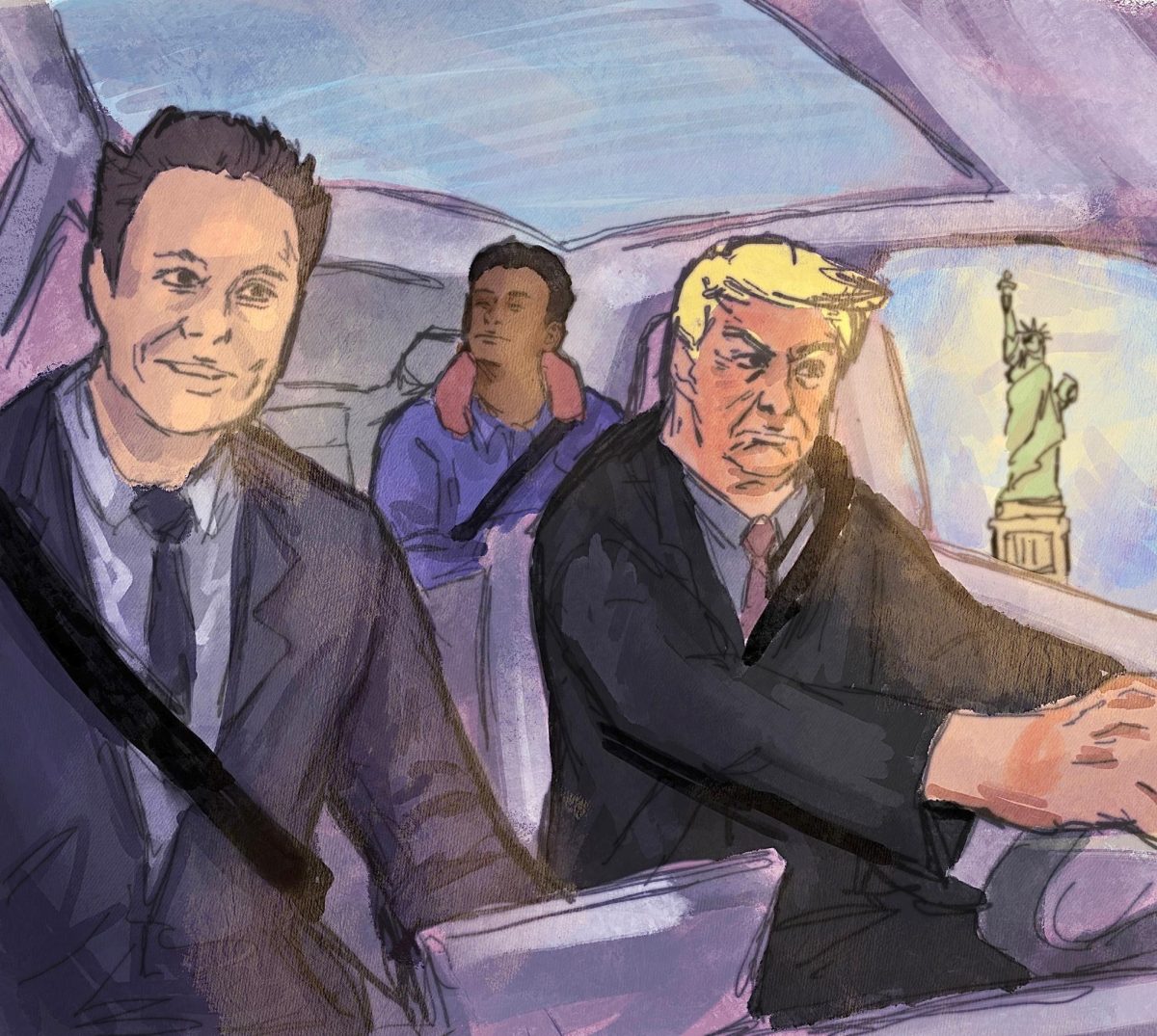As Donald Trump enters his second term in the White House, two figures have emerged as driving forces of his administration’s driven agenda: Billionaire Elon Musk—CEO of Tesla, SpaceX and X (formerly Twitter)—and former presidential candidate Vivek Ramaswamy.
Together, they are leading the controversial initiative DOGE, the Department of Government Efficiency, a new department proposed by Trump. The goal of the group is to reform the federal bureaucracy and work toward reducing government spending.
DOGE seeks to identify inefficiencies within federal agencies and recommend drastic cuts to reduce the workforce. Musk and Ramaswamy have publicly sketched out an aggressive strategy that includes cutting $2 trillion from the national budget. Critics question whether such extensive reductions are reasonable, since lawmakers from both parties still strongly support these threatened programs.
One of the most controversial proposals is the elimination of the U.S. Department of Education. Critics argue that eliminating this agency would not only undermine federal support for education but also intensify existing inequities in access and quality of schooling.
Ramaswamy has been vocal about his belief that the Department of Education embodies the overcomplicated federal bureaucracy, arguing that federal interference has restrained real and effective progress in education. Both Ramaswamy and Musk point to the overlap of responsibilities across various federal agencies as evidence that such departments are unnecessary.
While DOGE is positioned as an advisory body, its impact on federal policy could be profound. With backing from the Trump White House, Musk and Ramaswamy are expected to display influence over decisions that could reshape the very foundation of American governance.
Trump’s previous statements about wanting to eliminate “wasteful” agencies further strengthens claims that DOGE will be more than just a venue for discussion; it signals a potential shift in policy direction that could resonate well with the Republican electorate.
Additionally, Trump’s cabinet picks for his second term are expected to include loyalists who have consistently supported his policies. This includes familiar figures like Secretary of State Mike Rubio and Secretary of Defense Pete Hegseth. Trump has also considered individuals such as businessman and investor Scott Bessent for Treasury Secretary, and former Democratic congresswoman Tulsi Gabbard for Director of National Intelligence. By surrounding himself with these individuals, who align with his views on national security and economic reform, Trump may be looking to ensure that his policies are implemented effectively and with minimal resistance.
The informal nature of DOGE raises some concerns about how legitimate and effective it really is. Since it’s not an official government entity, it doesn’t have the power to make changes on its own and would need cooperation from Congress for any big reforms. Some senators and house members are already doubtful about whether Musk and Ramaswamy’s proposed cuts can actually happen, especially since a lot of federal spending is considered mandatory.






















